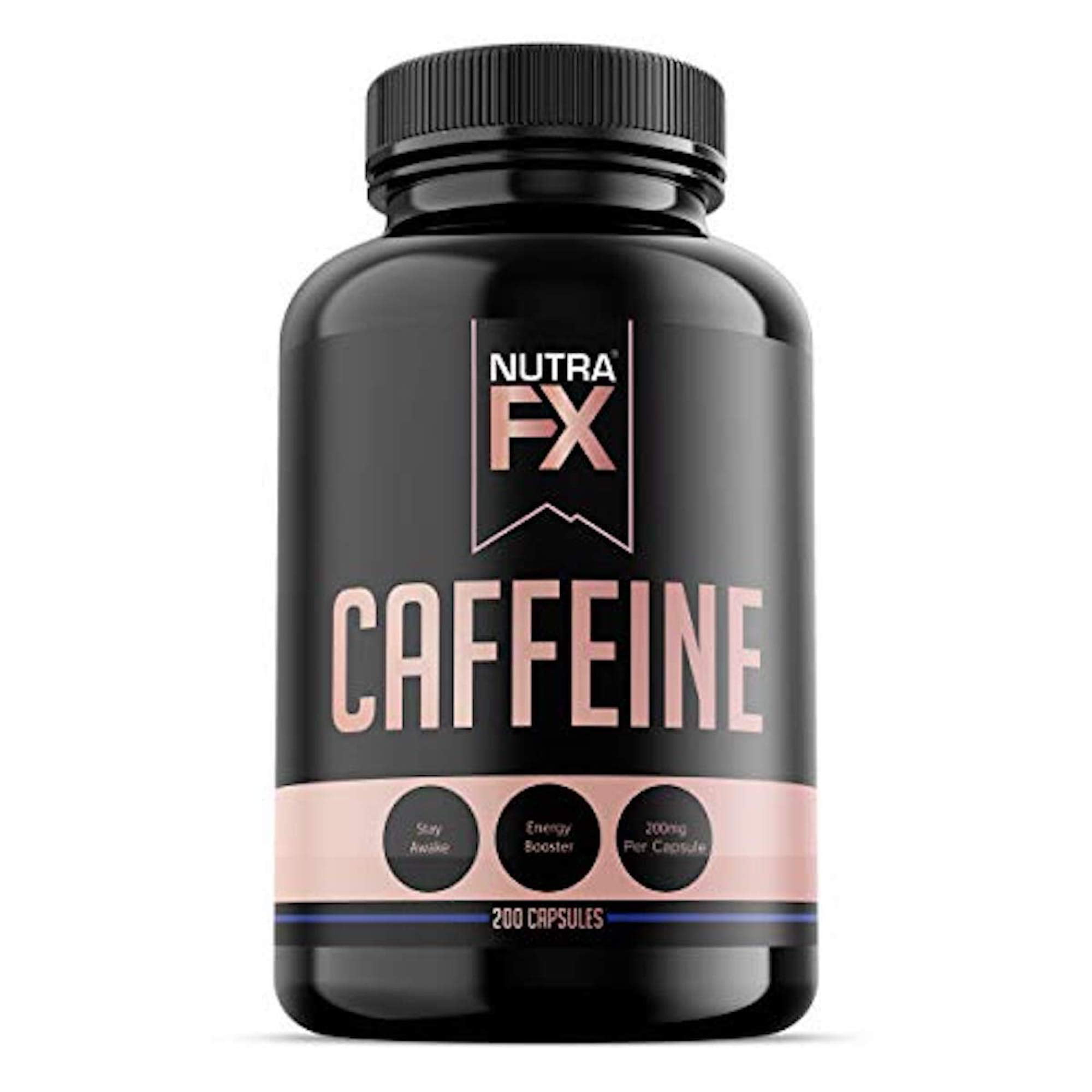
Some may contain herbal supplements, such as ginseng and guarana, which may be used to increase energy and mental alertness. This is an entire day's worth of added sugar.Įnergy drinks may contain vitamins, minerals and amino acids. One 16-ounce can of Monster Energy Juice Pacific Punch supplies 210 calories and 47 grams of added sugar, which is equal to roughly 12 teaspoons. For example, in a 2,000-calorie diet, no more than 200 calories should come from added sugars. Energy drinks can contain significant amounts of added sugar or other sweeteners.īecause high intake of added sugar can contribute to health problems, the Dietary Guidelines for Americans recommends limiting intake of added sugars to no more than 10% of total daily calories. People who routinely consume caffeine may develop physical and psychological dependence and may experience withdrawal symptoms if intake is abruptly stopped. Heavy caffeine use also is associated with an increased risk of other addictive behaviors, like smoking and alcohol abuse. Those with preexisting anxiety disorders may be more susceptible to these effects.Įxcessive caffeine intake, such as more than 400 milligrams per day, can cause palpitations, tremors, agitation and gastrointestinal upset. However, caffeine intake also is associated with nervousness, insomnia, irritability and panic attacks. Its intake is associated with a reduced risk of Parkinson's disease, Alzheimer's disease, alcoholic cirrhosis and gout. It can help alleviate the adverse effects of sleep deprivation. Caffeine has been shown to improve vigilance, reaction time, alertness and ability to concentrate.

The Food and Drug Administration has not set a safe level for children, but the American Academy of Pediatrics discourages the consumption of caffeine and other stimulants by children and adolescents.Ĭaffeine's health effects vary from person to person and depend on the dose. People who are pregnant or breastfeeding should limit their intake to 200 milligrams or less per day.


Up to 400 milligrams of caffeine per day is considered safe for most adults. Most energy drinks contain 100–300 milligrams of caffeine per serving, although amounts can vary. teens and young adults behind multivitamins. Energy drinks are the second most popular dietary supplement among U.S. Total energy drink sales globally reached $57 billion in 2020. Coffee, tea, soft drinks, energy drinks or "energy shots," and over-the-counter supplements are widely available sources of caffeine. About 90% of all adults consume caffeine every day, making it the most common stimulant in the world.


 0 kommentar(er)
0 kommentar(er)
